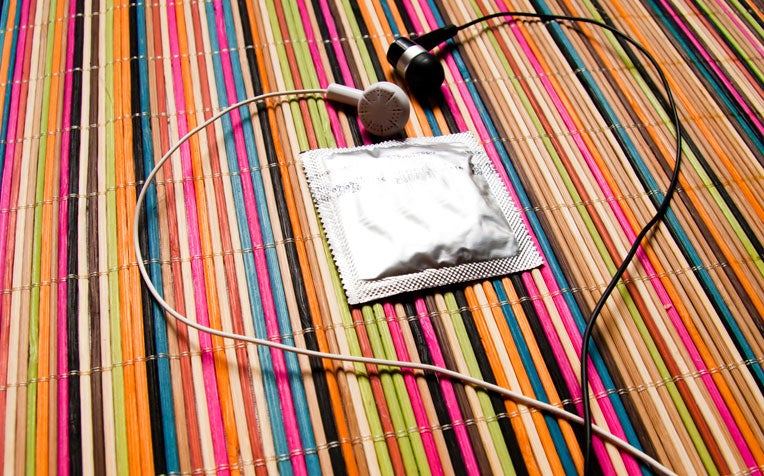
Unplanned pregnancies can be prevented by using contraception as soon as you start having sex again after delivery.
Your fertility can return within weeks after giving birth. Although your body may have barely recovered from childbirth, you may get pregnant when you have sex unless you are fully breastfeeding.
If you are fully breastfeeding and your periods have not resumed, you are protected from pregnancy. (1-2 per cent risk failure rate though). This is known as lactational amenorhoea method (LAM).
“It is therefore important that you use contraception as soon as you start having sex again if you do not want an unplanned pregnancy,” says the Department of General Obstetrics & Gynaecology, KK Women’s and Children’s Hospital (KKH), a member of the SingHealth group.
There are many reliable methods of contraception. Some are suitable for breastfeeding while some are not (see tables below). Some women may also not be suitable for certain types of contraception. For example, women with a history of breast cancer should not take the pill while women with a history of pelvic infection, are not suitable for a copper intrauterine device (IUD).
Most methods of contraception are reversible and most women will get pregnant within six months of stopping contraception. Irreversible methods like sterilisation must be considered carefully.
“We do not recommend that women under the age of 35 undergo these methods as they may regret it in future and may not be able to have another child.”
Please consult your doctor on the suitability and safety considerations of the contraceptive methods for you.
Contraception methods suitable for breastfeeding mothers
| Methods | Reliability (Success rate) | Contraceptive duration | Reversibility | How to use |
|---|---|---|---|---|
| Levonorgestrel-releasing intrauterine system (IUS) | Very high (99.8%) | 5 years | Yes |
|
| Copper intrauterine device (IUD) | High (99.5%) | 3 or 5 years depending on type |
| |
| Mini pill | High/ Moderate (96-99%) | Daily |
| |
| Lactational amenorrhoea method (LAM) | High/ Moderate (98-99%) | Maximum for first six months |
| |
| Male condom Female diaphragm | High/ Moderate (85-98%) | Per usage |
| |
| Hormonal injectable | High/ Moderate (98-99%) | Monthly or 3-monthly injectables |
|
Contraception methods if you are not breastfeeding
| Methods | Reliability (Success rate) | Contraceptive duration | Reversibility | How to use |
|---|---|---|---|---|
| Oral combined pills | High/ Moderate (97-99.8%) | As used | Yes |
|
Irreversible methods of contraception
| Methods | Reliability (Success rate) | Contraceptive duration | Reversibility | How to use |
|---|---|---|---|---|
| Female sterilisation | High (99.5%) | Permanent | No (If fertility is still desired, the woman has to undergo surgical reversal of the ligation or test-tube in-utero fertilisation pregnancy) |
|
| Male sterilisation (vasectomy) | Most effective (99.95%) | Permanent | No |
|
"The New Art and Science of Pregnancy and Childbirth", a pregnancy book by KK Women's and Children's Hospital (KKH), a member of the SingHealth group.
Read on for answers to frequently asked questions (FAQs) about contraception after pregnancy.
Ref: S13














 Get it on Google Play
Get it on Google Play